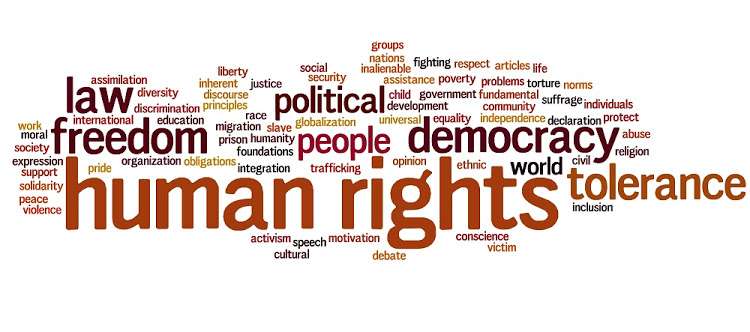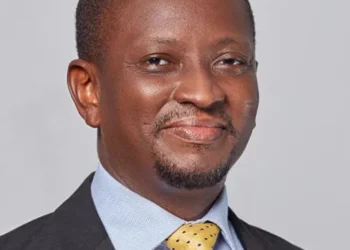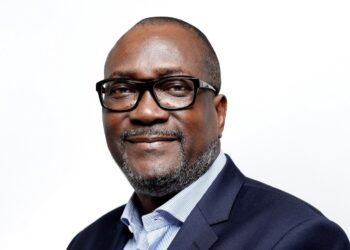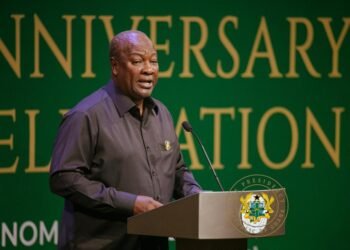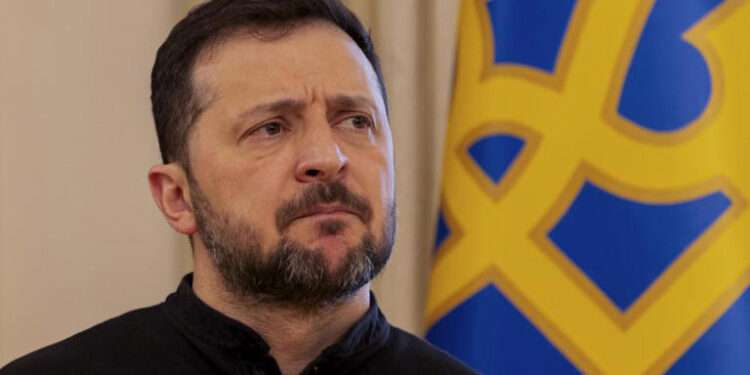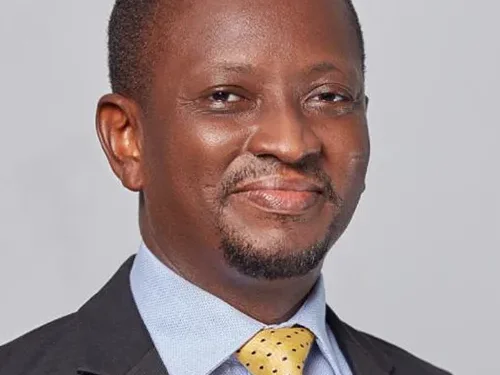In a significant ruling, the High Court has awarded Kwabena Baffour Asare a total of ₵910,000 in damages after the Ghana Immigration Service (GIS) unlawfully arrested and detained him, violating his fundamental human rights.
This landmark judgment reaffirms the principle that no institution is above the law and sets a new precedent for accountability in public service.
The case, which has drawn national attention, highlights the persistent issue of institutional overreach and the abuse of power by public officials.
Legal experts and civil rights advocates have hailed the ruling as a victory for human rights and due process in Ghana.
Remarking on the issue, Prof. Stephen Kwaku Asare, a renowned legal scholar, has underscored the importance of this decision, stating that it serves as a wake-up call for public institutions that continue to flout constitutional protections.
According to him, “For too long, duty bearers have failed to uphold the appropriate standard of care. Many victims do not challenge abuses, fostering a culture of impunity.“

The court’s decision is not only a victory for Kwabena Baffour Asare but also a strong warning to government agencies that disregard citizens’ rights.
For years, many Ghanaians have suffered wrongful arrests, unlawful detentions, and other forms of institutional mistreatment without receiving justice.
This ruling, however, raises the bar for accountability, forcing institutions to respect due process and uphold constitutional protections.
According to Prof. Asare, “This judgment changes that. It sends a clear message that abuse of power will not go unpunished.”
The case underscores the judiciary’s role in ensuring public officers are held accountable and signals the urgent need for reforms in how state institutions handle their duties.
The ₵910,000 compensation awarded by the court is not just a financial penalty but a broader indication of how seriously the judiciary views human rights violations.
Many legal analysts believe this case could encourage more victims to come forward and challenge injustices in court, creating a ripple effect in Ghana’s legal and governance landscape.
The Need for Systemic Reforms
While the ruling is a significant step forward, experts argued that true justice goes beyond financial compensation.
The Ghana Immigration Service and other public institutions must take proactive measures to prevent similar abuses from recurring.
Accordingly, Prof. Stephen Asare stressed that justice should go beyond mere punishment, emphasizing the importance of equipping duty bearers with the necessary training to uphold the appropriate standard of care.
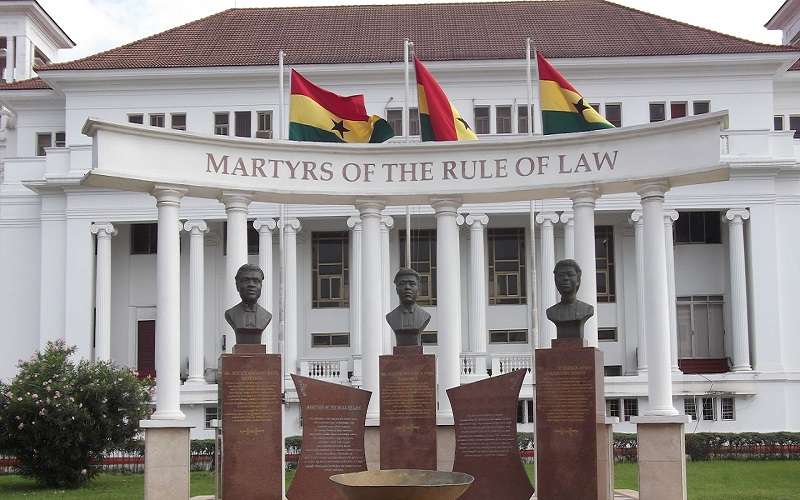
He pointed out that without proper education and guidance, public officials may continue to make errors that violate citizens’ rights, reinforcing the need for continuous professional development and accountability within institutions.
“Ignorance cannot be an excuse for negligence. Public officers must know, understand, and apply the law fairly and professionally. They must not treat customers poorly.”
Prof. Stephen Kwaku
This call for training and institutional reform is particularly relevant in Ghana, where instances of state misconduct are often overlooked due to a lack of legal awareness among victims.
Many individuals, either out of fear or lack of resources, choose not to pursue legal action against state agencies, allowing a culture of impunity to persist.
Experts are now urging the government to implement stringent measures, including mandatory human rights training for law enforcement and immigration officers.
Additionally, the establishment of independent oversight bodies to review cases of alleged abuses could further strengthen accountability within state institutions.
Commendations for Upholding Justice
The court’s decision has been widely commended by legal experts and human rights activists.
As such, Prof. Stephen Asare extended his appreciation to key individuals who played a role in ensuring justice was served.
“To the Plaintiff & His Lawyer, Yaw Twumasi Ankrah – For standing up against injustice and setting a precedent for others. Many victims suffer in silence, but this case proves that asserting one’s rights matters.”
Prof. Stephen Kwaku

Prof. Asare also praised the judiciary for its firm stance against human rights violations, noting that the ruling reinforces public confidence in the courts.
“To Judge Ayitey Armah-Tetteh – For a bold and just decision that upholds the Constitution and restores faith in the judiciary. The court has reminded all public institutions that misconduct has consequences.”
Prof. Stephen Kwaku
As Ghana moves forward, this ruling could serve as the catalyst for broader legal and institutional reforms.
Analysts believe that beyond compensating victims, the government should work to prevent human rights violations by ensuring that state institutions operate within the confines of the law.
Moreover, legal awareness campaigns could empower citizens to recognize and challenge abuses when they occur.
If more individuals come forward to seek justice, public officers may think twice before engaging in unlawful acts that violate constitutional protections.
In the end, the ruling reinforces the idea that no individual or institution is beyond legal scrutiny.
The ₵910,000 award is not just about monetary compensation—it is a powerful statement that human rights violations will not be tolerated.
As Ghana continues to develop its democratic institutions, cases like these will play a critical role in shaping the country’s legal landscape and strengthening the rule of law.
READ ALSO: UN Chief Proposes ‘Effective Force’ to Combat Haiti Gangs

